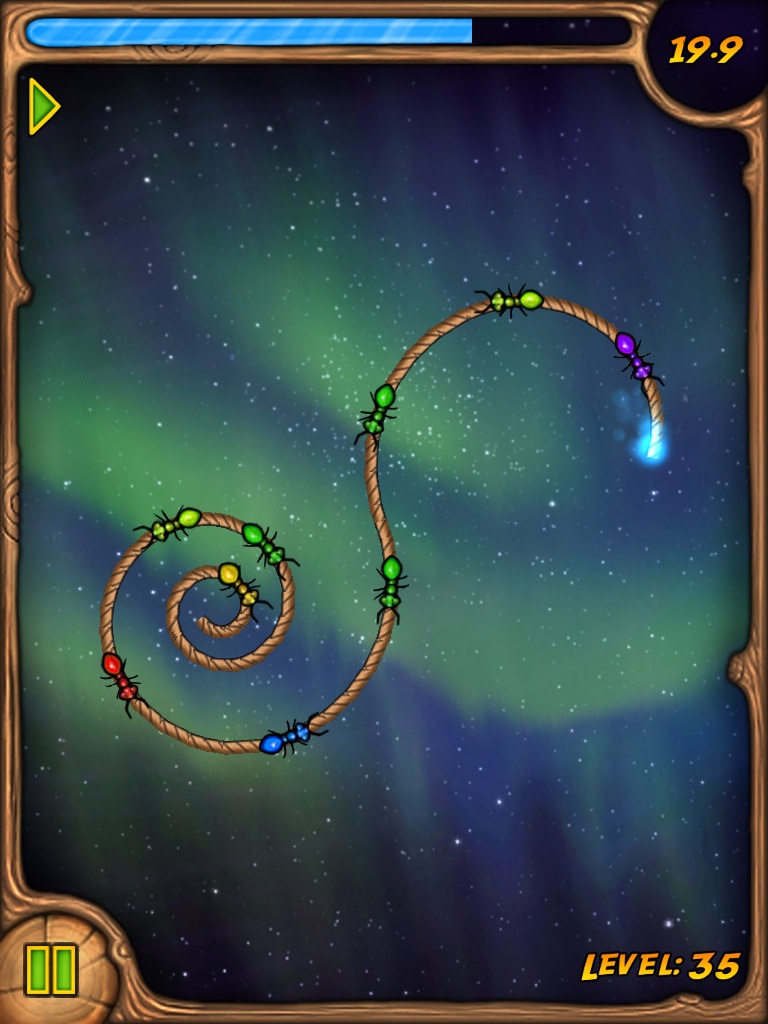

Television series are a bad role model in this respect because a TV series often needs to be a series of hooks: what is going to happen next week? and the week after? KEEP WATCHING! If you never answer any questions for the audience, though, the fascination may give way to a cynical suspicion that the artists are just incompetent or don't actually have answers in mind at all. But I already went on a long ramble about the blank and left-out bits in Portal. I do want to know more about GLaDOS's development, because that is important to the story, and while I hope the authors had specific answers in mind for certain questions, I'm not at all sure that they did. I don't need to know how the Portal gun works, and neither do the authors, because it has no bearing on the story. It's fine to leave unexplained things in the game world if you have a reason to leave them unexplained, if doing so doesn't cripple the main things you wanted to achieve with your story, and if you know what the answers are (or know that the answers aren't narratively important). I also flinch at the point about "trusting the mystery", because while I understand where the impulse comes from, I think this can lead to bad story-telling and bad game design. What I've heard so far suggests "interesting but flawed" is a better description.) The "respect the audience" slogan seems especially ironic in this circumstance, since when I think of respecting the audience I normally think of expecting the audience to rise to a challenge. (Disclaimer: I haven't played BioShock, so can't say whether it was in fact boring. One is the least common denominator effect - trying to come up with something that will appeal equally to people with a wide range of tastes and preferences - and I agree that that can be pretty deadening to any kind of art or entertainment project, especially if the original vision was for something much more specific. which deserve to be considered separately. YHtBTR is the inverse of Portal, a veritable enema of complexity, and yet, there in the remnant is: Mini-Me.Īm I getting through clearly? You have to burn the rope. Portal builds off the complexity of its components after gently introducing you to them one at a time, and sure, GLaDOS might compare to the instructive text here, but then again so would Shodan, or that really obtuse narrator from Ultima IX. What they have in common is a purification of this cognitive cycle of synthesis and adaptation. What's interesting about that comparison is the ways this game isn't like Portal, namely all of them. The ending song has drawn plenty of comparison to Portal. I mean You Have To Burn The Rope takes this process and flays it out for you, cured and dried, like a nice piece of jerky wrapped in fresh leather. It's also on of the fundamental ways that games engage people cognitively, such as the way people observe why Tetris blocks disappear and then fold accordingly, or the way people observe crime and pollution and housing prices in SimCity, and try out a new zoning pattern. It's a pretty fundamental process, you could call it the scientific method, or synthesis, or in some contexts, common sense. Just take in information, pay attention, and then use that information to determine a solution. This is a game that is fun because of how you relate to it, relative to how other people relate to it.īasically, the same skills this game tests are what our public schools try to cram down your throat, and yet don't succeed nearly as well as a five minute Flash. It also says something about the algorithm of human stupidity. That factoid is the pearl of this game, and an indictment of the way the games industry has trained its population of players. There are apparently a lot of people who play this game and have difficulty figuring out what the fuck you're supposed to do.


 0 kommentar(er)
0 kommentar(er)
